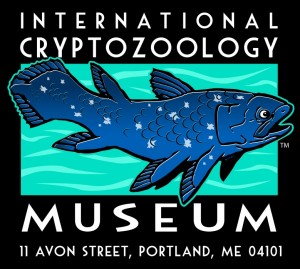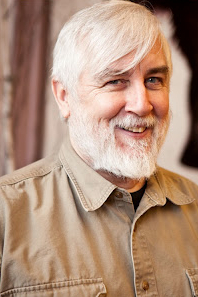
January 24, 2007

The most frequent question I get from young people, especially high schoolers thinking about careers and colleges, many of whom have read Cryptozoology A to Z, is “How can I be a cryptozoologist?”
I individualize my replies, of course, to whatever local or burning issue might be at hand, but there are some standard realities that I always pass along. The elements of what I email in my responses go something like this:
Dear Student: I hope you find a way to follow your interest in cryptozoology. So you want to go to college to “be a cryptozoologist.” Great. You have to choose a good college, in general, that will focus your interests and be high quality itself in doing research, study, and scholarship on the specific topic or cryptid that excites you so you may then apply that coursework or fieldwork to your special cryptozoological view of the animal world.
There are several ways you can prepare to be a scientist with a cryptozoological interest. (Actually being a “cryptozoologist” is so rare as to be almost as infrequent as seeing a Yeti. There are no jobs, per se, in cryptozoology, really, other than writing and blogging. Only a handful of people in the world actually are free-standing cryptozoologists.) In high school, any of the following will assist with having a vocation related to or specifically one that enhances your interests in cryptozoology: biology, human anatomy, zoology, anthropology, psychology (for interviewing), criminal investigations, and so forth. You also need to be a good communicator, so take writing or English classes where papers are written. Then you can build on those courses and grades to assist you to get into college.
Before college, the best way to follow a passion, for example, in the Loch Ness Monster is to study hard, and stay on track to get into a college by taking high school classes on environmental studies, biology, or aquatic studies (if offered). In high school, if you want to learn more about Bigfoot, take courses in biology, zoology, anthropology, and psychology. You have to creatively link your favorite cryptid with the related areas of study, because, frankly, no one has courses on the Death Worm of Mongolia or Mothman or Thylacines in high school.
It is the same once you are in college. Sadly, however, in 99.9% of colleges and universities, there is no coursework in cryptozoology. Some professor may, once in a blue moon, offer a semester’s elective about the subject, but that is a rarity. There are no higher educational institutions with departments in cryptozoology or doing anything special with cryptozoology. You have to focus on the classes and areas of research related to the cryptids you like to study.
With your parents or a guidance counselor at your high school, you can ask about what good universities exist in your state or other locations where you want to attend college, which have outstanding biology or zoology departments for general cryptozoology interests, aquatic studies or marine science departments for lake/sea monster work, and anthropology departments for Bigfoot and hominology research and fieldwork.
You also might wish to think about working or volunteering at a zoo or an aquarium when you can, in high school, if you have one nearby. (Right now, there is only one International Cryptozoology Museum in the world, so there is not too much employment in the museum field – yet.) You can research online those places near your home to visit and ask to volunteer or obtain employment. Or if you are in a more rural location, you might wish to explore mentoring in a wildlife studies program, at a nature center, on a farm, or with a vet where you could learn more about animals, in general.

Loren Coleman. Photo by Greta Rybus.
Whatever you decide, keeping your passion alive about cryptozoology could lead to some wonderful discoveries in the animal world, and in yourself. Good luck.
About Loren Coleman
Loren Coleman is one of the world’s leading cryptozoologists, some say “the” leading living cryptozoologist. Certainly, he is acknowledged as the current living American researcher and writer who has most popularized cryptozoology in the late 20th and early 21st centuries.
Starting his fieldwork and investigations in 1960, after traveling and trekking extensively in pursuit of cryptozoological mysteries, Coleman began writing to share his experiences in 1969. An honorary member of Ivan T. Sanderson’s Society for the Investigation of the Unexplained in the 1970s, Coleman has been bestowed with similar honorary memberships of the North Idaho College Cryptozoology Club in 1983, and in subsequent years, that of the British Columbia Scientific Cryptozoology Club, CryptoSafari International, and other international organizations. He was also a Life Member and Benefactor of the International Society of Cryptozoology (now-defunct).
Loren Coleman’s daily blog, as a member of the Cryptomundo Team, served as an ongoing avenue of communication for the ever-growing body of cryptozoo news from 2005 through 2013. He returned as an infrequent contributor beginning Halloween week of 2015.
Coleman is the founder in 2003, and current director of the International Cryptozoology Museum in Portland, Maine.
Filed under Breaking News, Cryptomundo Exclusive, CryptoZoo News, Cryptozoologists, Cryptozoology, Museums